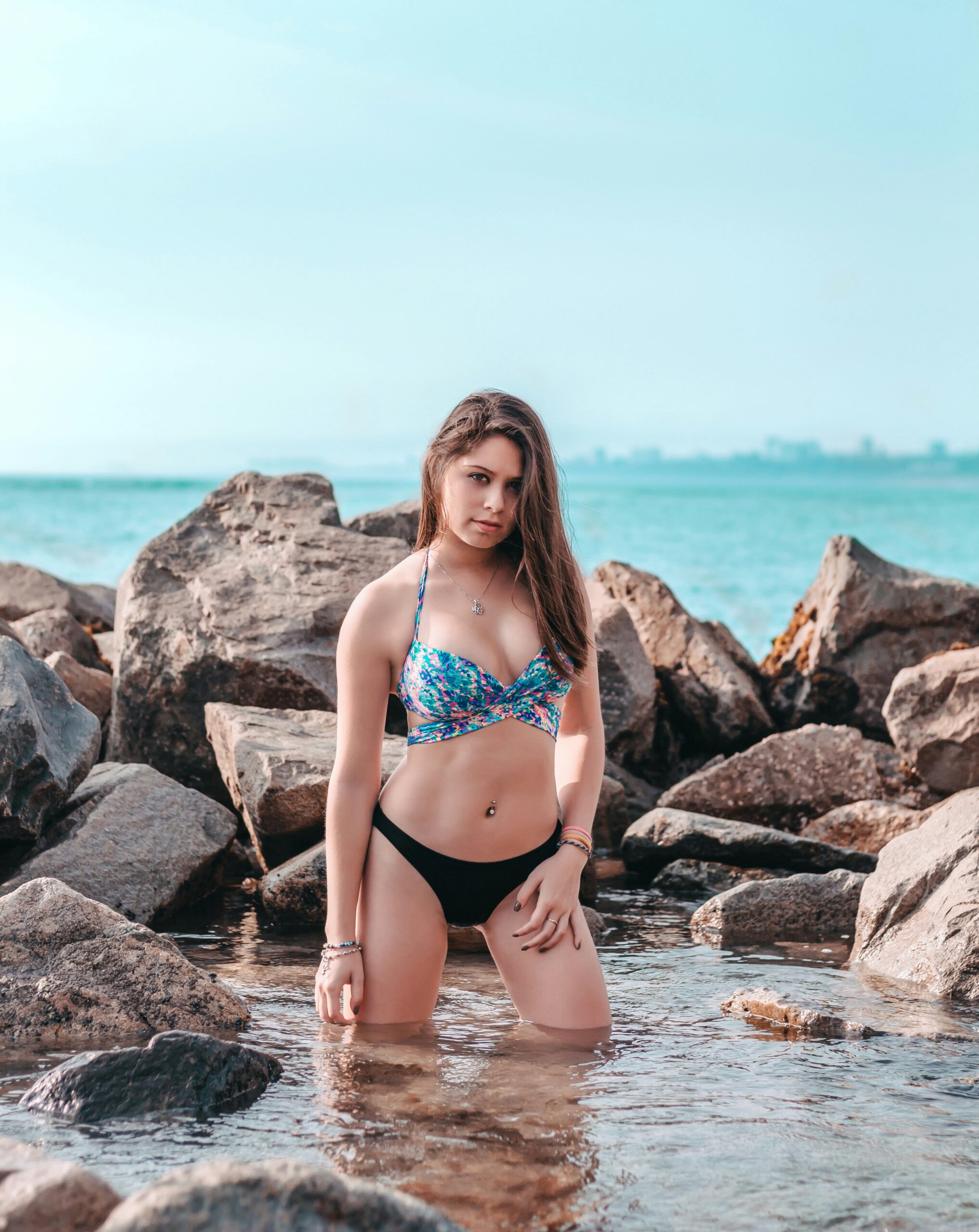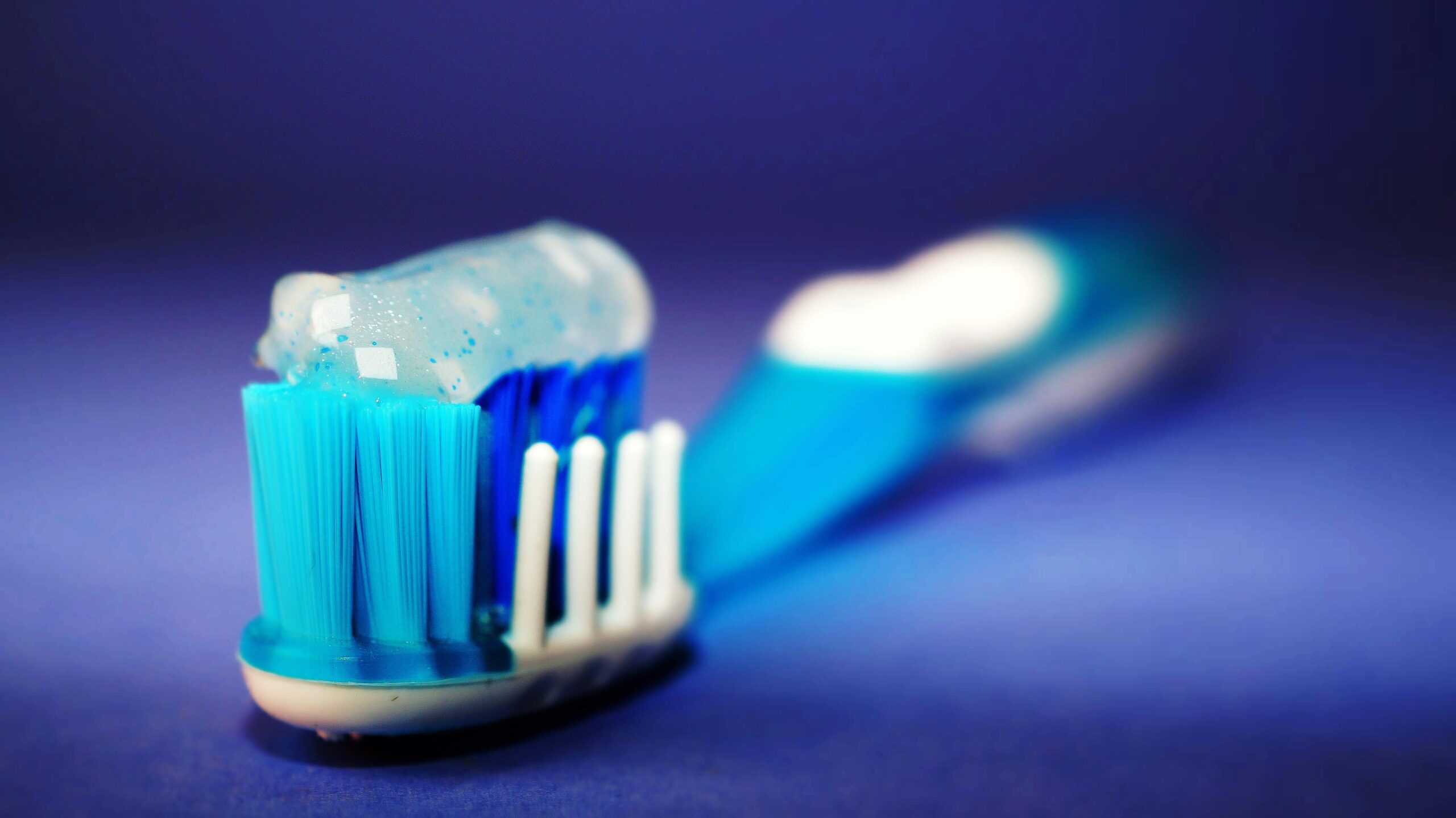Sunscreen is a crucial skincare product for protecting the skin against the harmful effects of ultraviolet (UV) radiation from the sun. Among the various SPF options available, SPF 50 sunscreens offer high-level protection, shielding the skin from approximately 98% of UVB rays. To help you navigate through the plethora of options, we’ve meticulously curated a comprehensive list of the top 20 SPF 50 sunscreens. These sunscreens have been chosen based on their effectiveness, broad-spectrum coverage, skin-friendly ingredients, user satisfaction, and overall performance. Whether you’re lounging by the pool, hitting the beach, or enjoying outdoor activities, these sunscreens will provide you with the ultimate defense against sunburn and premature aging.
Best SPF 50 Sunscreens
1. La Roche-Posay Anthelios Melt-in Milk Sunscreen SPF 50:
La Roche-Posay’s Anthelios Melt-in Milk Sunscreen offers SPF 50 protection in a lightweight, non-greasy formula. This dermatologist-recommended sunscreen provides broad-spectrum coverage against UVA and UVB rays and is suitable for sensitive skin.
2. EltaMD UV Clear Broad-Spectrum SPF 46:
EltaMD UV Clear is a cult-favorite sunscreen that offers SPF 46 protection with transparent zinc oxide. This oil-free, lightweight formula is ideal for acne-prone or sensitive skin and contains niacinamide to calm and soothe irritation.
3. Neutrogena Ultra Sheer Dry-Touch Sunscreen SPF 50+:
Neutrogena Ultra Sheer Dry-Touch Sunscreen is a beloved choice for its fast-absorbing, non-greasy formula and SPF 50+ protection. This sunscreen provides long-lasting sun protection without leaving a residue, making it suitable for daily use.
4. Coppertone Sport Sunscreen Lotion SPF 50:
Coppertone Sport Sunscreen Lotion is designed for active individuals who need durable protection during outdoor activities. This sweat-resistant and water-resistant formula offers SPF 50 protection and is suitable for all skin types.
5. Banana Boat Ultra Sport Sunscreen Lotion SPF 50:
Banana Boat Ultra Sport Sunscreen Lotion provides SPF 50 protection with a lightweight, non-greasy formula. This long-lasting sunscreen is sweat-resistant and water-resistant for up to 80 minutes, making it ideal for athletes and outdoor enthusiasts.
6. Aveeno Protect + Hydrate Sunscreen Lotion SPF 50:
Aveeno Protect + Hydrate Sunscreen Lotion combines SPF 50 protection with nourishing oat extracts to keep skin moisturized and protected. This fast-absorbing formula is suitable for daily use on the face and body.
7. Australian Gold Botanical Sunscreen SPF 50:
Australian Gold Botanical Sunscreen is a mineral-based lotion that offers SPF 50 protection with natural botanical extracts. This non-chemical formula is gentle on sensitive skin and safe for coral reefs.
8. Supergoop! Everyday Sunscreen SPF 50:
Supergoop! Everyday Sunscreen is an oil-free lotion that provides SPF 50 protection and antioxidant-rich ingredients. This water-resistant formula absorbs quickly and leaves no greasy residue.
9. CeraVe Hydrating Mineral Sunscreen SPF 50:
CeraVe Hydrating Mineral Sunscreen offers SPF 50 protection with zinc oxide and titanium dioxide. Enriched with ceramides and hyaluronic acid, this non-comedogenic formula hydrates and protects the skin.
10. Blue Lizard Australian Sunscreen SPF 50+:
Blue Lizard Australian Sunscreen is a mineral-based lotion that provides SPF 50+ protection with zinc oxide and titanium dioxide. This water-resistant formula is dermatologist recommended and suitable for sensitive skin.
11. Badger Sport Sunscreen SPF 50:
Badger Sport Sunscreen is a natural, reef-safe lotion that offers SPF 50 protection with non-nano zinc oxide. Formulated with organic ingredients, this water-resistant sunscreen is free of synthetic fragrances and chemicals.
12. Coola Mineral Sun Silk Crème SPF 50:
Coola Mineral Sun Silk Crème is a luxurious sunscreen lotion that offers SPF 50 protection with zinc oxide. This lightweight formula blends seamlessly into the skin and provides a silky-smooth finish.
13. Drunk Elephant Umbra Sheer Physical Daily Defense SPF 50:
Drunk Elephant Umbra Sheer Physical Daily Defense is a sheer sunscreen lotion that offers SPF 50 protection without leaving a white cast. This non-toxic formula is packed with antioxidants to protect against environmental stressors.
14. Hawaiian Tropic Silk Hydration Weightless Sunscreen SPF 50:
Hawaiian Tropic Silk Hydration Weightless Sunscreen is a hydrating lotion that offers SPF 50 protection with a lightweight feel. Infused with silk protein and hydrating ingredients, this sunscreen leaves skin feeling soft and smooth.
15. Sun Bum Original Sunscreen Lotion SPF 50:
Sun Bum Original Sunscreen Lotion provides SPF 50 protection with a tropical scent. This water-resistant formula is enriched with vitamin E and offers broad-spectrum protection against UVA and UVB rays.
16. Alba Botanica Hawaiian Sunscreen SPF 50:
Alba Botanica Hawaiian Sunscreen is a reef-friendly lotion that offers SPF 50 protection with botanical ingredients. This biodegradable formula is free of oxybenzone and octinoxate, making it safe for coral reefs.
17. Babo Botanicals Clear Zinc Sunscreen SPF 50:
Babo Botanicals Clear Zinc Sunscreen is a gentle lotion that provides SPF 50 protection with non-nano zinc oxide. This hypoallergenic formula is enriched with organic ingredients and safe for babies and children.
18. Thinkbaby Safe Sunscreen SPF 50+:
Thinkbaby Safe Sunscreen is a pediatrician-recommended lotion that offers SPF 50+ protection with non-nano zinc oxide. This water-resistant formula is free of harmful chemicals and safe for sensitive skin.
19. Vanicream Sunscreen Sport SPF 50:
Vanicream Sunscreen Sport offers SPF 50 protection with a gentle, non-irritating formula. This water-resistant sunscreen is free of dyes, fragrance, parabens, and other common irritants, making it suitable for sensitive skin.
20. Solbar Zinc Sunscreen SPF 50:
Solbar Zinc Sunscreen is a dermatologist-recommended lotion that provides SPF 50 protection with zinc oxide. This non-greasy formula is water-resistant and suitable for all skin types, including sensitive skin.
What is sunscreen?
What is SPF?
SPF stands for Sun Protection Factor, which is a measure of a sunscreen’s ability to protect the skin from the harmful effects of ultraviolet (UV) radiation emitted by the sun. SPF indicates the level of protection a sunscreen provides against UVB rays, which are primarily responsible for causing sunburn and increasing the risk of skin cancer.
The SPF rating of a sunscreen is determined through laboratory testing and represents the amount of time it takes for UVB rays to cause sunburn on protected skin compared to unprotected skin. For example, if it takes 10 minutes for unprotected skin to start turning red from sun exposure, a sunscreen with SPF 30 would theoretically provide 30 times longer protection, or 300 minutes (10 minutes x 30 SPF), before sunburn occurs.
Here’s how SPF ratings typically correlate with levels of protection:
1. SPF 15: Provides moderate protection against UVB rays. Blocks approximately 93% of UVB rays.
2. SPF 30: Provides high protection against UVB rays. Blocks approximately 97% of UVB rays.
3. SPF 50: Provides very high protection against UVB rays. Blocks approximately 98% of UVB rays.
4. SPF 50+: Provides the highest level of protection available against UVB rays. Blocks approximately 99% of UVB rays.
It’s important to note that no sunscreen can provide 100% protection against UV radiation. Additionally, SPF only measures protection against UVB rays and does not provide information about protection against UVA rays, which can also contribute to skin damage and aging. For comprehensive sun protection, it is recommended to choose a sunscreen labeled as “broad-spectrum,” which provides protection against both UVA and UVB rays.
The effectiveness of sunscreen also depends on proper application and reapplication. Sunscreen should be applied generously to all exposed areas of the skin at least 15 minutes before sun exposure and reapplied every two hours, or more frequently if swimming, sweating heavily, or towel drying. Using sunscreen as part of a comprehensive sun protection strategy, along with seeking shade, wearing protective clothing, and avoiding sun exposure during peak hours, can help reduce the risk of sunburn, premature aging, and skin cancer.
What is SPF 50?
SPF 50 is a Sun Protection Factor that represents the level of protection a sunscreen provides against ultraviolet B (UVB) radiation from the sun. Sunscreens with SPF 50 offer high-level protection against sunburn and skin damage caused by UVB rays.
Specifically, SPF 50 sunscreen blocks approximately 98% of UVB rays when applied correctly to the skin. This means that if it takes 10 minutes for unprotected skin to start turning red from sun exposure, a sunscreen with SPF 50 would theoretically provide 50 times longer protection, or 500 minutes (10 minutes x 50 SPF), before sunburn occurs.
SPF 50 is considered very high protection and is suitable for individuals with fair or sensitive skin, those prone to sunburn, and anyone spending extended periods outdoors. It is important to note that no sunscreen can provide 100% protection against UV radiation, and SPF should not be interpreted as an indication of total immunity from the sun’s harmful effects.
To achieve the full level of protection indicated by SPF 50, it is crucial to apply sunscreen generously to all exposed areas of the skin at least 15 minutes before sun exposure and to reapply every two hours, or more frequently if swimming, sweating heavily, or towel drying. Additionally, using other sun protection measures such as seeking shade, wearing protective clothing (such as wide-brimmed hats and sunglasses), and avoiding sun exposure during peak hours (10 a.m. to 4 p.m.) can further reduce the risk of sunburn, premature aging, and skin cancer.
Conclusion
Choosing the right SPF 50 sunscreen is essential for protecting your skin from the sun’s harmful UV rays. The sunscreens listed above are among the best options available, offering high-level sun protection, broad-spectrum coverage, and skin-friendly formulations. Whether you prefer mineral-based or chemical-based sunscreens, lightweight lotions or luxurious creams, there’s a perfect SPF 50 sunscreen for every skin type and preference. By incorporating one of these top-rated sunscreens into your daily skincare routine, you can enjoy the outdoors while keeping your skin healthy, youthful, and protected against sun damage.



